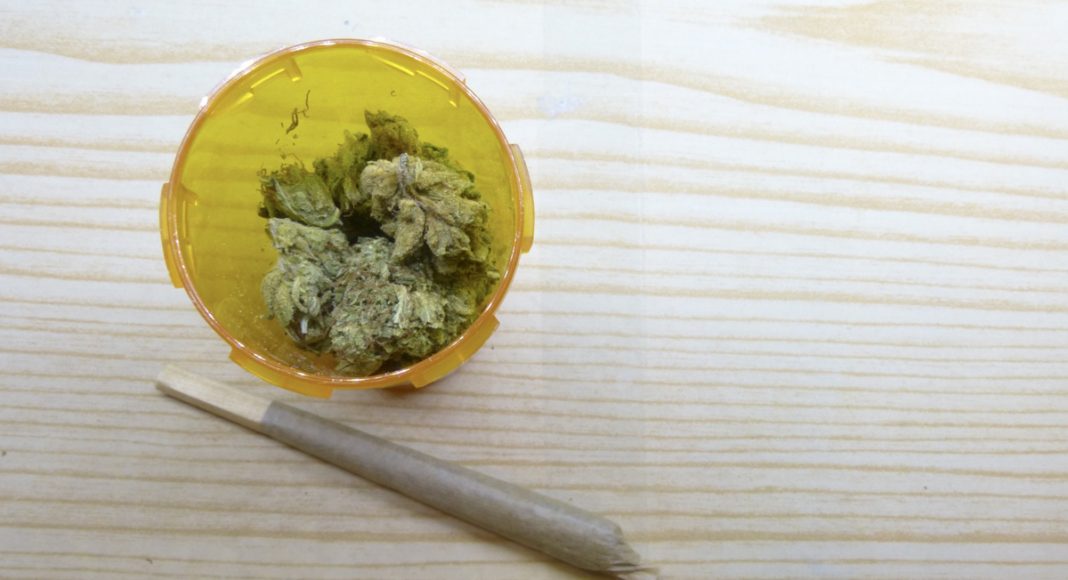Illinois patients who are prescribed opioid painkillers now have permission to use medical marijuana as an alternative. Governor Bruce Rauner recently signed an expansion measure to the state’s four-year pilot program, adding opioid abuse disorder to its list of qualified conditions.
It is a move that is predicted to pull in thousands more patients and give the local cannabis trade a much needed economic boost. Many cannabis firms anticipated that Rauner would support the addition of this “debilitating medical condition” and have already invested into building new facilities and hiring more people to handle the increased workload.
-
Related Story: Legal Weed: An Accidental Solution To The Opioid Epidemic
The overall message is that the medical marijuana trade in the Land of Lincoln is about to experience major growth.
However, Rauner’s decision to sign the bill does not appear to be economically driven. His reelection campaign has centered on the prevention of opioid overdose deaths throughout the state. Some of the latest data shows that roughly 2,000 people statewide suffered a fatal overdose from prescription painkillers in 2016. That number increased by 13 percent last year, according to the Illinois Department of Public Health.
“Opioid abuse disorder is taking the lives of Illinoisans, thousands of lives. Opioid abuse disorder is disrupting and destroying families across our state and across the country,” Governor Rauner told those in attendance of a signing ceremony at the Chicago Recovery Alliance on the city’s west side. “We’ve got to do everything we can to stop this vicious epidemic, and today, I’m proud to sign a bill that helps us stop this epidemic.”
But the bill does not just provide an opportunity for opioid users to tunnel out of addictive behavior — it also provides a safer choice for future pain patients. So, if a doctor has or could prescribe opioids for an injury, they can provide their patient with a certification to use medical marijuana instead. Rauner said, “Medical cannabis creates an opportunity to treat pain in a less intrusive, less obstructive way than opioids.”
Rauner has been somewhat apprehensive in the past about giving the state’s medical marijuana program enough leash to become a lucrative supplement to healthcare. But he has progressed in his opinions over the last couple of years. Still, this does not mean that he is warming up to the idea of legalization marijuana for recreational use. He is not.
“I am very much opposed to legalizing recreational marijuana. But it’s clear from the research, and I prefer to focus on evidence and research results,” Rauner told reporters, according to the Chicago Sun-Times. “It’s clear that medical cannabis treats pain effectively, and it is less addictive and less disruptive than opioids. Creating that option is an important step forward to improve health quality, and that’s why I signed the bill.”
In addition to the new qualified condition, the new law effectively eliminates the state’s fingerprinting and background checks for new patients. Now, anyone with a certification from a state-licensed physician can simply apply online and use the temporary receipt to gain access to a dispensary, said Illinois Department of Public Health Director Dr. Nirav Shah.


